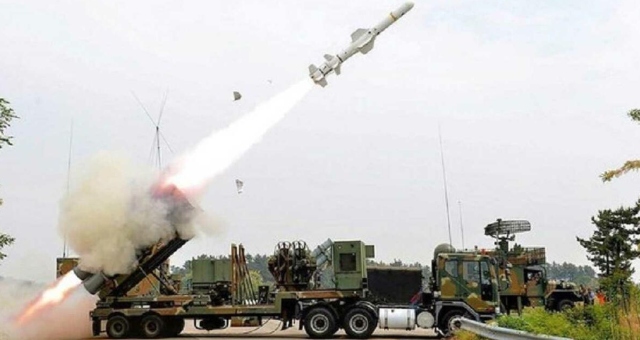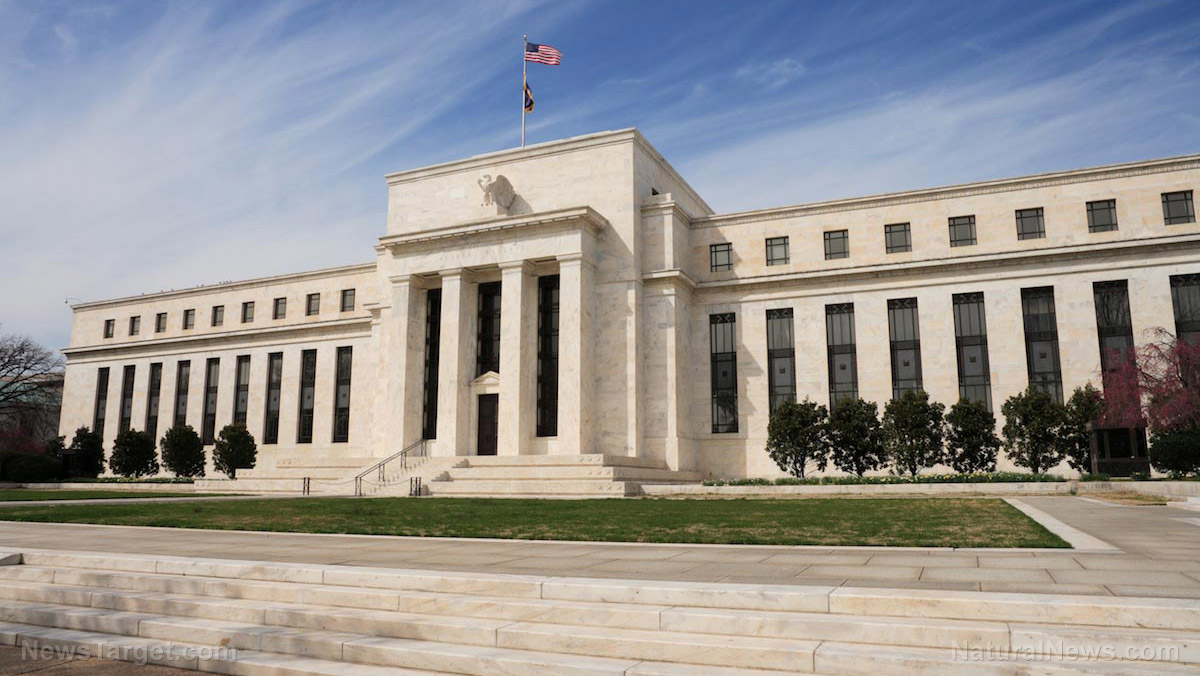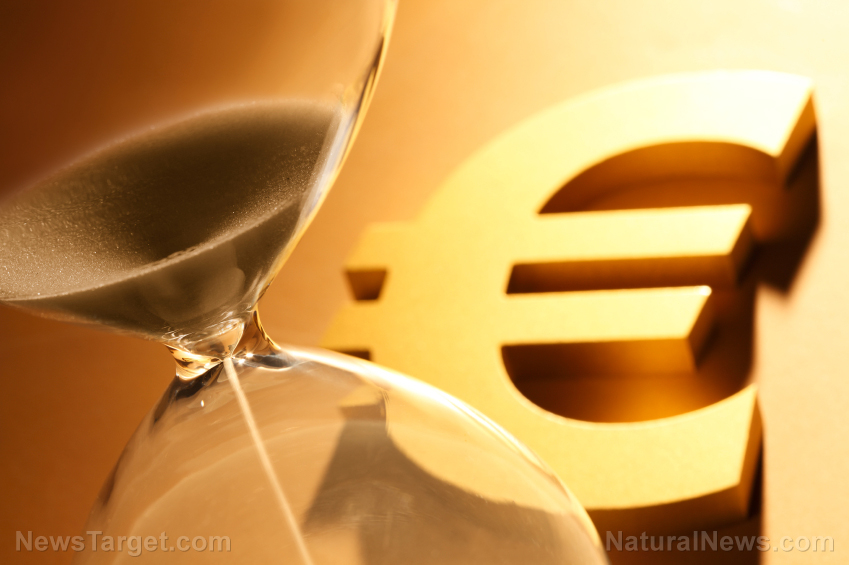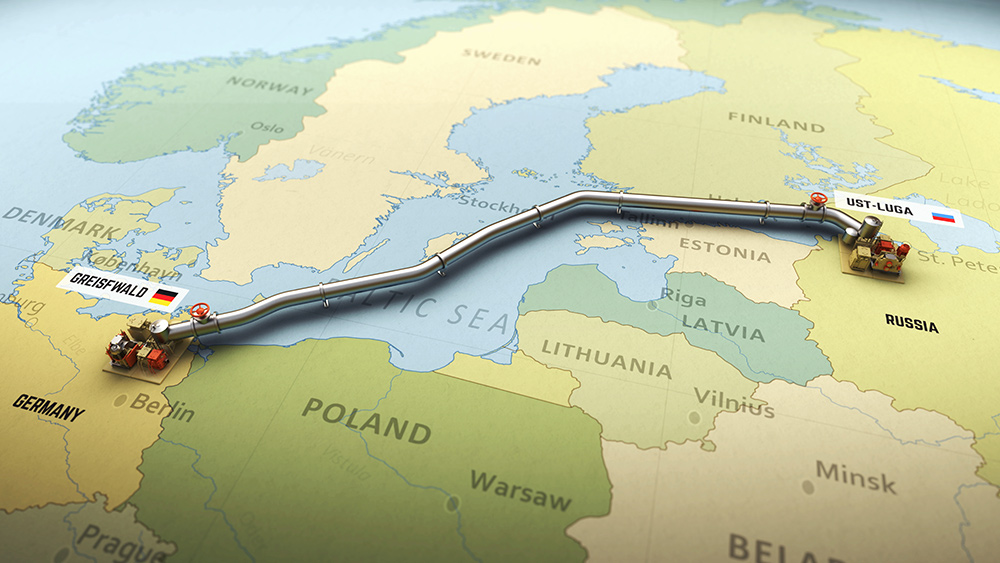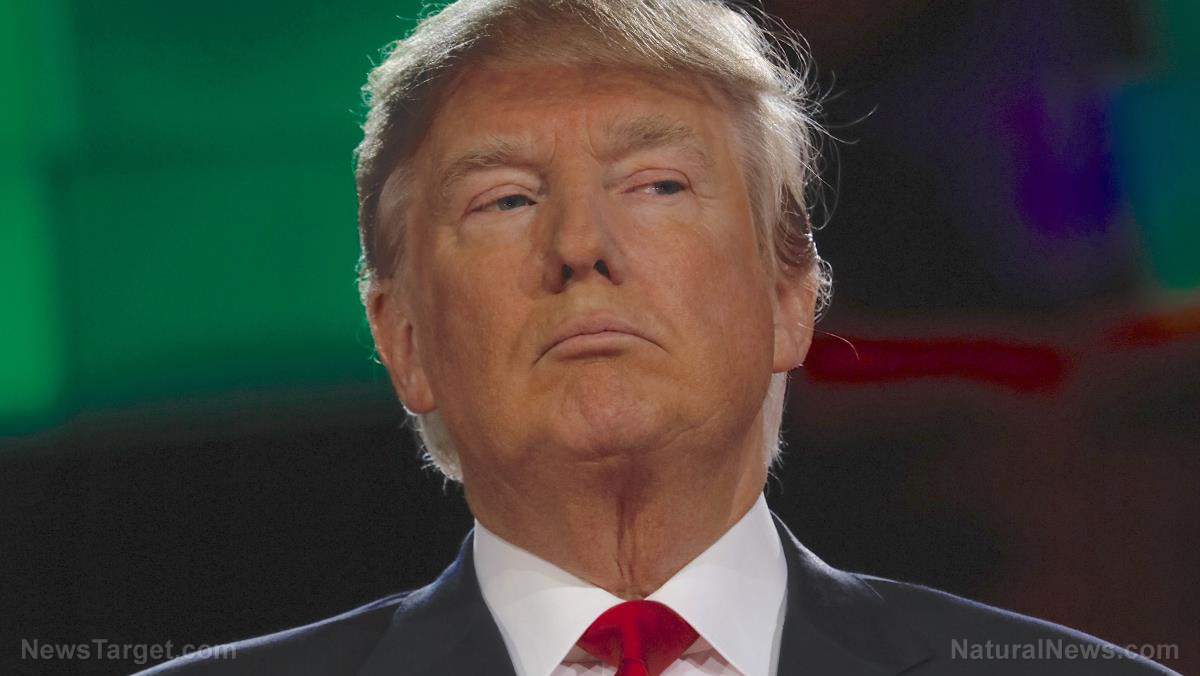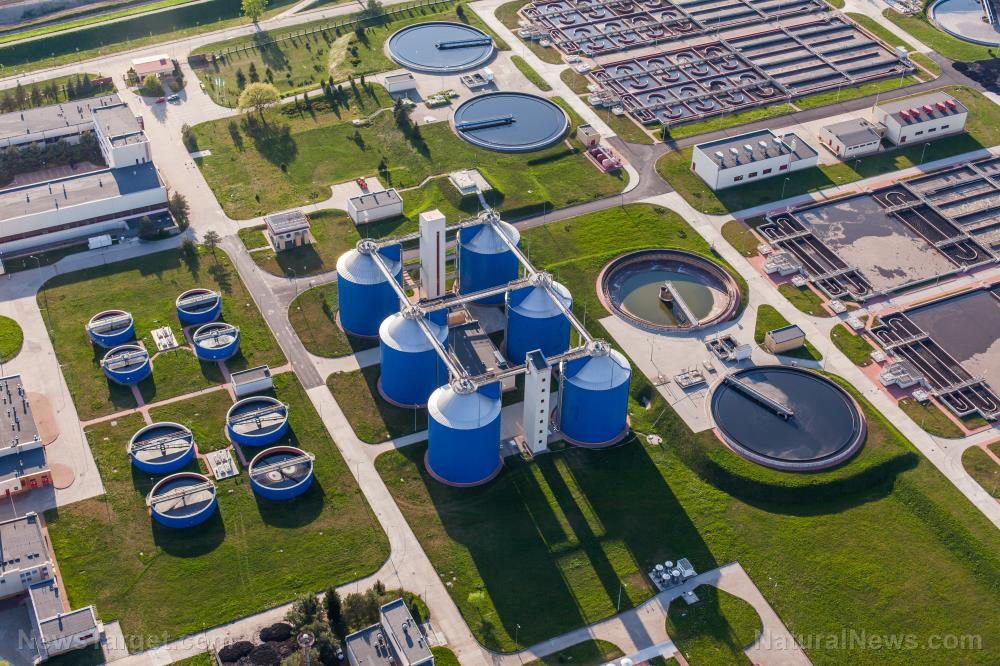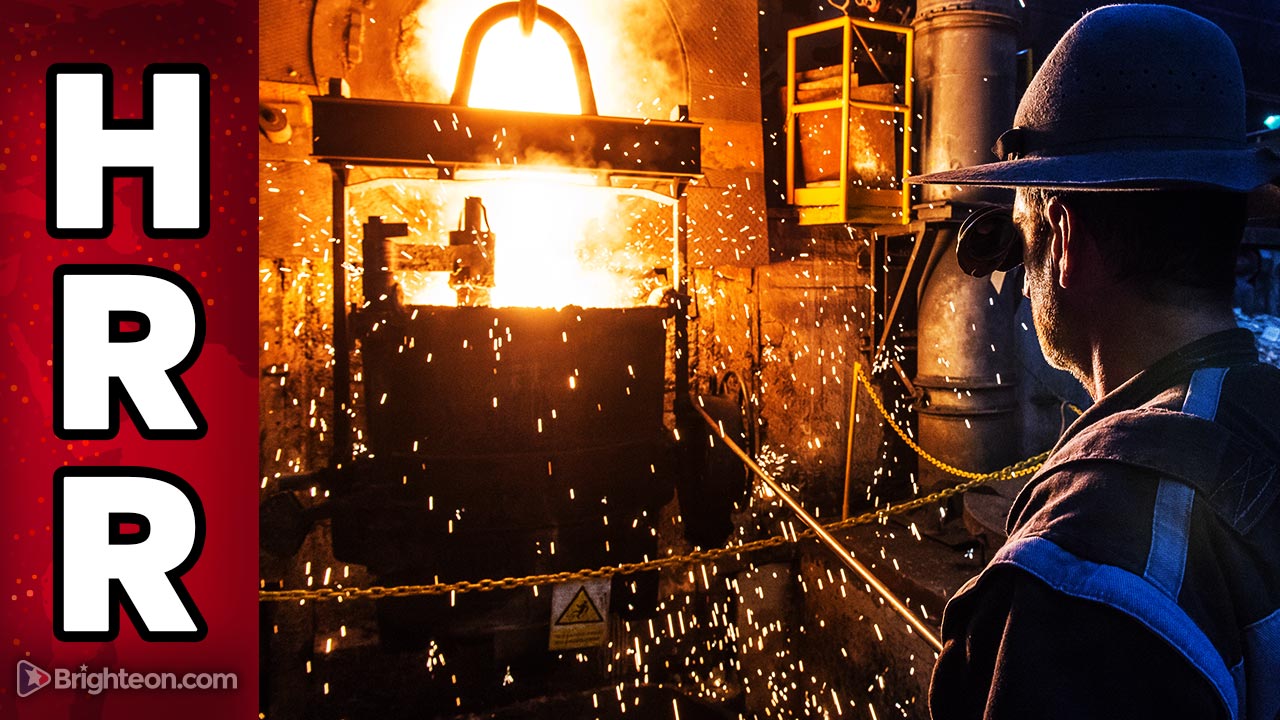Russia’s Putin confirms he is using country’s vast energy reserves as leverage to force EU to drop economic sanctions
09/09/2022 / By JD Heyes

Russian President Vladimir Putin has finally acknowledged what only a few seasoned geopolitical observers have known for months now: He is using his country’s enormous fossil fuel reserves to extract diplomatic concessions from the European Union, most notably, to have crippling economic sanctions that have been imposed on his nation dropped.
Two days after Russian officials announced they were shutting down the Nord Stream 1 pipeline due to a puny oil leak, Russian officials — with Putin’s permission, of course — admitted that the energy shutdown was intentional and came with a purpose. Over the weekend, Putin’s spokesman, Dmitry Peskov, said that the pipeline will remain closed until sanctions imposed on Russia following its invasion of Ukraine by the U.S., Canada, and the “collective West” are lifted.
“The problems pumping gas came about because of the sanctions western countries introduced against our country and several companies,” Peskov said, as he was allegedly quoted by the state-run Interfax news agency. “There are no other reasons that could have caused this pumping problem.”
Peskov’s comments were the most stark demand yet by the Kremlin that the EU roll back its sanctions in exchange for Russia resuming gas deliveries to the continent. It also confirms that Russia no longer needs to pretend it needs to export commodities to Europe – after all it has more than enough demand in China and India – and is willing to give Europe just enough rope to… well, you know the rest.
Russian state-owned oil giant Gazprom announced late last week that gas supplies through Nord Stream 1 would be halted due to a technical problem, which was blamed on the difficulties of repairing German-made turbines in Canada. But that was simply a straw man; the real deal is that Putin is tired of playing around and wants the sanctions lifted from his country sooner rather than later. And he’s apparently willing to allow millions of Europeans to start freezing to death in several short weeks as winter’s chill begins to set in. Short of that, there is also a belief that Putin’s move is part of a “gray zone” warfare strategy to stoke unrest and instability on the European continent, which would also likely force the hands of EU leaders to drop the sanctions.
In the interim, EU leaders have accused Putin of “weaponizing” energy exports, which of course it most certainly has. That’s the point, though; actions that don’t cause Europeans any pain, economically or otherwise, are pointless diplomatic exercises that won’t produce the desired result of reviving the Russian economy.
Interestingly, Russia is still supplying natural gas to Europe — via Soviet-era pipelines that run through Ukraine and one, South Stream, that transits Turkey. There is also no shortage of irony here: The head of the Ukrainian gas transit operator told reporters last week that technically, he could make up all of the lost NatGas from Nord Stream 1, which means that Europe will continue to pay Putin billions of dollars per month for gas that flows through Ukraine, which gives Putin hard currency to continue his invasion…of Ukraine.
The big question mark now, however, is how long European leaders will hold out. That will increasingly depend on how restive and unstable EU countries become. As NatGas and other fossil fuels become more scarce they will become more expensive and it will become harder for ordinary Europeans to heat their homes, power their economies, and fuel their businesses. And the harder that becomes the more unrest there will be.
Matteo Salvini, the leader of Italy’s far-right League party, said this weekend the sanctions aren’t working and are actually harming Europeans more.
“Do we have to defend Ukraine? Yes,” Salvini said. “But I would not want the sanctions to harm those who impose them more than those who are hit by them.”
EU Commission President Ursula von der Leyen, tone-deaf as ever, tweeted that the EU “will prevail” while urging Europeans to suck it up even more than they already have.
The @EU_Commission proposal will aim to:
• Reduce electricity demand (peaks)
• Price cap on ?? pipeline gas
• Help vulnerable consumers & businesses with revenue from the energy sector
• Enable support to electricity producers facing liquidity challenges linked to volatility— Ursula von der Leyen (@vonderleyen) September 5, 2022
Sources include:
Submit a correction >>
Tagged Under:
economic collapse, electricity, energy, energy report, European Union, fossil fuels, fuel shortage, fuel supply, Inflation, Nord Stream 1, power, power grid, Russia, Russian invasion, sanctions, shortages, Ukraine, Vladimir Putin, War, WWIII
This article may contain statements that reflect the opinion of the author
RECENT NEWS & ARTICLES
COPYRIGHT © 2017 CHAOS NEWS

